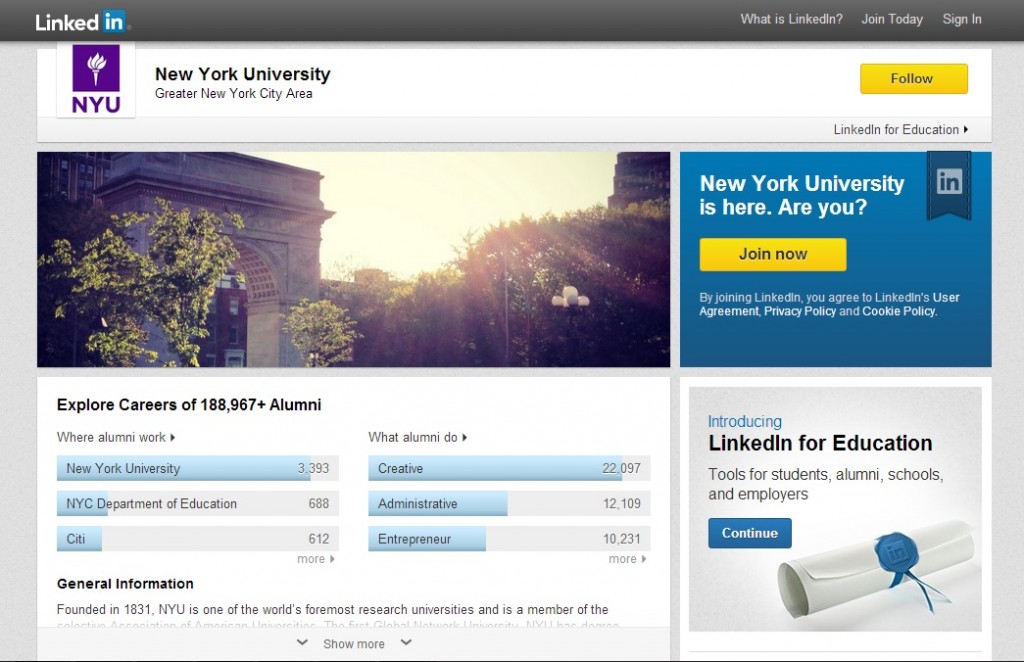 From high school on, employment will be a constant consideration for your son or daughter. This can elicit mixed feelings among parents. Your child probably already has a daily schedule packed to the brim with studies and extracurricular activities. There’s often barely enough time for what’s already on his or her plate.
From high school on, employment will be a constant consideration for your son or daughter. This can elicit mixed feelings among parents. Your child probably already has a daily schedule packed to the brim with studies and extracurricular activities. There’s often barely enough time for what’s already on his or her plate.
Even if financial considerations make securing a job a necessity to defray hefty college costs, you may be skeptical. Could a job take away from, not add to, your child’s ability to earn admission to and succeed in college?
Not if you help your child find the right job. Follow these four simple tips to help your son or daughter find a job that not only puts money in their pockets, but also helps them get into college.
1. Benefits and Bummers
At this point, we have roughly two decades of data showing that students with part-time jobs actually perform better than their unemployed counterparts in school. There’s a caveat, however: 15-20 hours per week is the max at which that benefit shows up. Students without jobs at all follow in academic performance, and students who work more than 20 hours per week fare worst of all.
Make sure any job requires a maximum of 15-20 hours in a week. More demanding jobs will likely do more harm than good.
2. Resumes Rock
Helping your child create a resume may seem odd, especially if he or she has minimal work experience. While many entry-level jobs don’t require a resume, putting one together is a great exercise and lifelong skill. Simply put, it’s training for the real world.
Can your child type quickly and accurately? What about knowledge of office programs such as Word, Excel and PowerPoint? Does your child have knowledge of HTML, Java or C+? Have they held leadership positions at school, on teams or for a charitable organization?
Taking time to organize and document these things is perfect practice for when college applications or new job opportunities roll around. In addition, it will instill a, “What’s the value of this?” mentality that helps your son or daughter understand how work ultimately impacts their lives.
3. Ask Around
Even in the Internet age, many great jobs still aren’t posted online. Leverage your personal network and encourage your child to reach out to his or her own contacts when seeking work. Teachers, school advisors, volunteer coordinators and group leaders may know of unpublicized opportunities that could turn into perfect-fit jobs for the right person.
4. Fantastic Fast Food
I hear groans and see heads shaking already; hear me out, though! Salary, health, and perception issues typically make fast food a less-than-coveted employment option. Don’t immediately dismiss those jobs, however. Quick-service restaurants usually have flexible hours, ideal for already-packed schedules. Such franchises also often help ambitious employees advance quickly, providing rare chances for management experience. Finally, some large chains offer scholarships exclusively to their employees.
To help your child secure a great early-life job, take time to guide him or in assessing skill sets, reviewing relevant options, and ultimately making a deliberate decision. This can provide a huge boost in confidence when it comes time for other job and college interviews. And don’t forget that a part-time job is the perfect opportunity to help your child begin practicing good financial habits that last through and beyond college.
_____________
Today’s guest post is from Ryan Hickey, the Managing Editor of Peterson’s & EssayEdge and an expert in many aspects of college, graduate, and professional admissions. A graduate of Yale University, Ryan has worked in various admissions capacities for nearly a decade, including writing test-prep material for the SAT, AP exams, and TOEFL, editing essays and personal statements, and consulting directly with applicants.








 Believe it or not colleges want to know you are interested in attending. This interest will have an effect on their offers of admission. If they give you a coveted “accepted” slot, it only makes sense that those slots will go to the students who demonstrate interest. They are selling a service and they want interested customers, not casual shoppers.
Believe it or not colleges want to know you are interested in attending. This interest will have an effect on their offers of admission. If they give you a coveted “accepted” slot, it only makes sense that those slots will go to the students who demonstrate interest. They are selling a service and they want interested customers, not casual shoppers.
